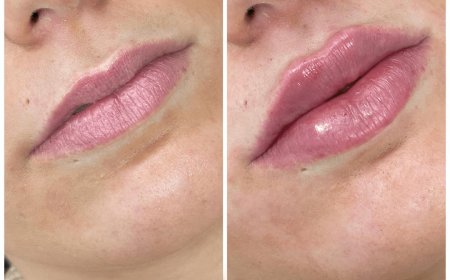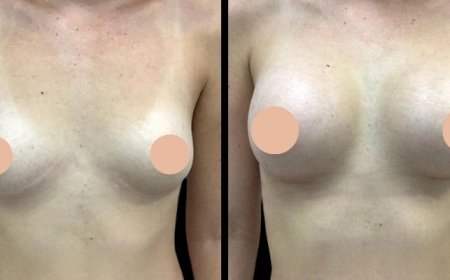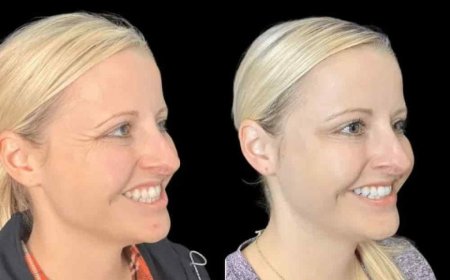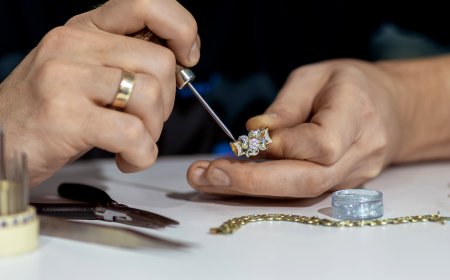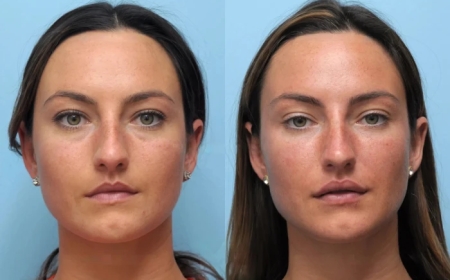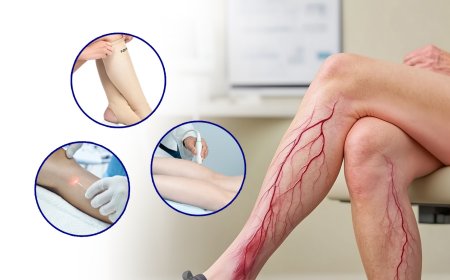Ovarian Stimulation in Dubai: Key Factors Influencing Success Rates
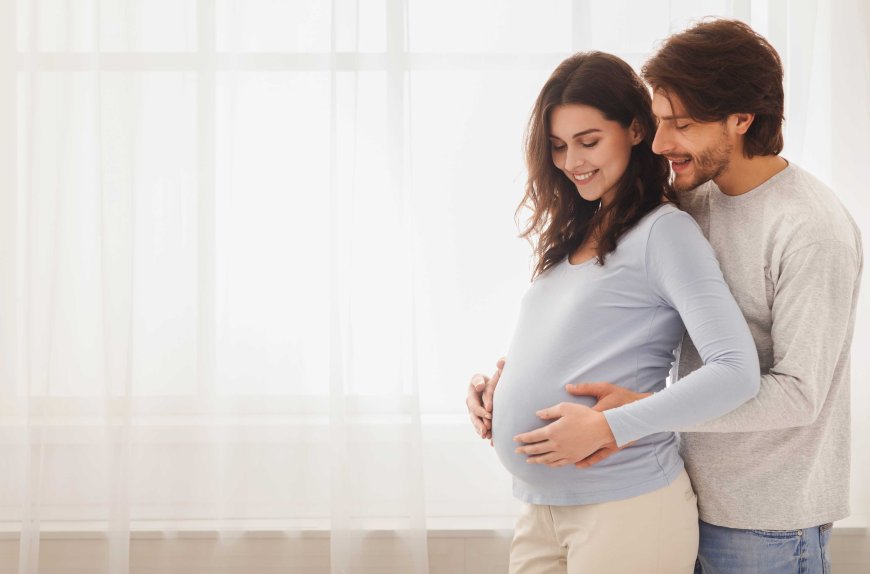
Introduction to Ovarian Stimulation
As fertility challenges become more common, assisted reproductive techniques like ovarian stimulation have gained significance in cities like Dubai, where access to world-class fertility treatment is available. Ovarian stimulation refers to the medical process that encourages the ovaries to produce multiple eggs during a single menstrual cycle, increasing the chances of successful fertilization either through in-vitro fertilization (IVF) or other assisted reproductive technologies (ART). In recent years, Dubai has emerged as a hub for fertility treatments due to its cutting-edge medical infrastructure, expert reproductive specialists, and patient-centered care. The process of ovarian stimulation is central to nearly all fertility interventions. Whether it is IVF, intracytoplasmic sperm injection (ICSI), or freezing eggs for future use, this initial step often determines the direction and outcome of treatment. Understanding the critical elements that influence success rates is essential for anyone considering assisted reproduction. From age and hormonal balance to medical protocols and lifestyle, various factors come into play. This article explores the major considerations that shape the effectiveness of ovarian stimulation and the overall success of fertility treatments in Dubai.
How Ovarian Stimulation Works
Before diving into the influencing factors, it's important to understand how ovarian stimulation works. In a natural menstrual cycle, a woman usually produces one mature egg. However, in the context of fertility treatment, producing multiple eggs increases the chances of a successful pregnancy, either immediately or in the future.
During stimulation, patients receive hormone-based medicationsprimarily gonadotropinsthat signal the ovaries to develop several follicles, each potentially containing an egg. The process is carefully monitored through ultrasound scans and blood tests to track follicular growth and hormone levels.
Once the follicles are mature, an injection of human chorionic gonadotropin (hCG) or a similar trigger hormone is administered. This prepares the eggs for retrieval, which is performed 34 to 36 hours later. The retrieved eggs can then be fertilized, implanted, or preserved for later use through freezing eggs.
Age: A Decisive Factor in Stimulation Outcomes
Age is perhaps the most critical factor influencing success rates in ovarian stimulation. Fertility potential declines naturally with age, particularly after 35. In younger women, the ovaries typically respond more predictably and robustly to stimulation drugs, yielding a higher number of healthy, mature eggs.
In contrast, women over the age of 37 may experience diminished ovarian reserve (DOR), where the number and quality of eggs are significantly lower. This often requires higher doses of medication and may result in fewer eggs retrieved despite aggressive stimulation. For such women, multiple stimulation cycles may be necessary to obtain a viable number of embryos or oocytes for freezing eggs or IVF.
However, age is not the sole determinant. Many women in their late thirties and early forties still achieve pregnancy through assisted reproduction, especially with the right combination of medical care, timing, and lifestyle adjustments.
Ovarian Reserve and Hormonal Profile
Ovarian reserve is an umbrella term used to describe the remaining quantity and quality of eggs in a woman's ovaries. Key indicators of ovarian reserve include anti-Mllerian hormone (AMH) levels, antral follicle count (AFC), and follicle-stimulating hormone (FSH) levels.
A high AMH and a robust AFC are usually associated with a good response to stimulation. Conversely, low AMH and elevated FSH may suggest poor ovarian reserve, often making it challenging to obtain multiple eggs even with high doses of medication. Women with polycystic ovary syndrome (PCOS), on the other hand, may have high ovarian reserve but are at risk of over-responding to stimulation, leading to ovarian hyperstimulation syndrome (OHSS).
Understanding your hormonal profile helps fertility specialists personalize your stimulation protocol to maximize results while minimizing risks.
Personalized Stimulation Protocols
No two patients are the same. Hence, individualized protocols are essential in ovarian stimulation. Clinics in Dubai often tailor medication regimens based on age, BMI, ovarian reserve, and previous treatment history.
There are several types of stimulation protocols:
-
Long Protocol: Begins in the luteal phase of the previous cycle with medications to suppress natural hormones before stimulation starts.
-
Antagonist Protocol: Shorter in duration and often used for women with low ovarian reserve or PCOS.
-
Mild Stimulation Protocols: Utilize lower doses of medication and are ideal for women at risk of OHSS or with specific medical needs.
Personalization not only increases the likelihood of retrieving viable eggs but also enhances the overall comfort and safety of the procedure.
Impact of BMI and Lifestyle
Body weight can significantly affect fertility outcomes. Women with a body mass index (BMI) either below 18 or above 30 may experience altered hormonal levels, irregular cycles, and reduced responsiveness to stimulation medications. In overweight women, higher doses of gonadotropins may be required, which can increase the cost and complexity of treatment.
On the other hand, underweight women may have poor follicular response due to disrupted hormonal signals. Adopting a healthy lifestyle that includes regular exercise, a balanced diet, and stress management practices can improve hormonal balance, boost ovarian response, and ultimately enhance the chances of success.
Additionally, avoiding smoking, alcohol, and exposure to endocrine disruptors in the environment can further support reproductive health.
Role of Egg Quality in Success Rates
It's not just about quantity; egg quality matters immensely in ovarian stimulation. High-quality eggs are more likely to result in successful fertilization and healthy embryo development, which directly influences implantation and pregnancy outcomes.
Egg quality typically declines with age, but it can also be affected by lifestyle factors such as poor diet, chronic stress, lack of sleep, and exposure to toxins. Supplementation with antioxidants like Coenzyme Q10, folic acid, and vitamin D may support mitochondrial function and egg health, though medical advice should always be sought before beginning any supplements.
Monitoring and Timing
Accurate and consistent monitoring is crucial during ovarian stimulation. Clinics in Dubai typically use transvaginal ultrasound and blood tests to monitor follicle development and hormone levels. This allows precise adjustments in medication dosages and accurate timing for the administration of the trigger shot.
Poorly timed retrieval can result in immature or post-mature eggs, reducing the chances of successful fertilization. Real-time monitoring also helps reduce the risk of complications such as OHSS or premature ovulation, which can jeopardize the entire cycle.
Importance of Egg Retrieval and Fertilization Methods
Egg retrieval is a delicate procedure. Even if the stimulation is successful, the process must be timed and performed precisely. Most clinics use mild sedation or anesthesia during retrieval, which takes about 2030 minutes.
After retrieval, the quality of the lab plays a significant role in fertilization and embryo development. Techniques like conventional IVF or ICSI are employed depending on sperm quality and patient history. Successful fertilization of retrieved eggs is the next major milestone.
For women interested in freezing eggs, the timing and handling of the eggs are crucial. Only mature eggs can be frozen, and their viability depends on both the retrieval process and the freezing technique, typically vitrification.
The Psychological and Emotional Aspect
The emotional experience of ovarian stimulation cannot be overlooked. The treatment process involves hormonal changes, physical discomfort, financial considerations, and the stress of uncertainty. Women and couples undergoing this journey often experience a rollercoaster of emotionsfrom hope and excitement to anxiety and disappointment.
Dubai-based clinics often provide counseling and support services, helping individuals and couples navigate the emotional complexities of treatment. Joining support groups or engaging with therapists who specialize in fertility issues can be invaluable in maintaining mental well-being during the process.
Costs and Accessibility in Dubai
The cost of ovarian stimulation and related fertility procedures in Dubai varies based on protocol, medications, clinic reputation, and included services. Though treatment can be expensive, many patients find that the investment is worthwhile given the quality of care and success rates offered in the region.
Additionally, the availability of advanced reproductive technology and highly trained specialists ensures that patients receive comprehensive, up-to-date care. While insurance coverage for fertility treatments is limited, more financial assistance programs and flexible payment options are being introduced to make treatment accessible.
Freezing Eggs: A Complementary Option
Many women today choose to delay motherhood for personal or professional reasons. In such cases, freezing eggs offers an opportunity to preserve fertility. The process involves ovarian stimulation, egg retrieval, and the freezing of mature eggs for future use.
Egg freezing is especially valuable for women with medical conditions like cancer or autoimmune disorders that may impact fertility. It also serves as a backup in case natural conception becomes difficult later in life.
Dubai has seen a rising demand for egg freezing due to increasing awareness, social changes, and the advancement of cryopreservation technology. The success of future pregnancies from frozen eggs depends heavily on the age at which the eggs were retrieved and the quality of the stimulation process.
Final Thought: Maximizing Your Chances with Knowledge and Preparation
Navigating the path of ovarian stimulation is a journey that requires careful planning, expert guidance, and emotional resilience. In a city like Dubai, where medical excellence meets personalized care, patients have access to some of the best resources for fertility treatment. However, success depends on many interlinked factorsage, ovarian reserve, hormonal health, lifestyle, emotional support, and clinical expertise.
Understanding these key factors helps individuals make informed decisions and set realistic expectations. Whether you are pursuing immediate pregnancy or freezing eggs for future use, being well-informed and proactive can significantly enhance your chances of a successful outcome.
Ovarian stimulation is not merely a medical procedureit's a transformative experience that opens the door to new possibilities. With the right approach, preparation, and mindset, individuals and couples in Dubai can move forward with confidence in their fertility journey.





